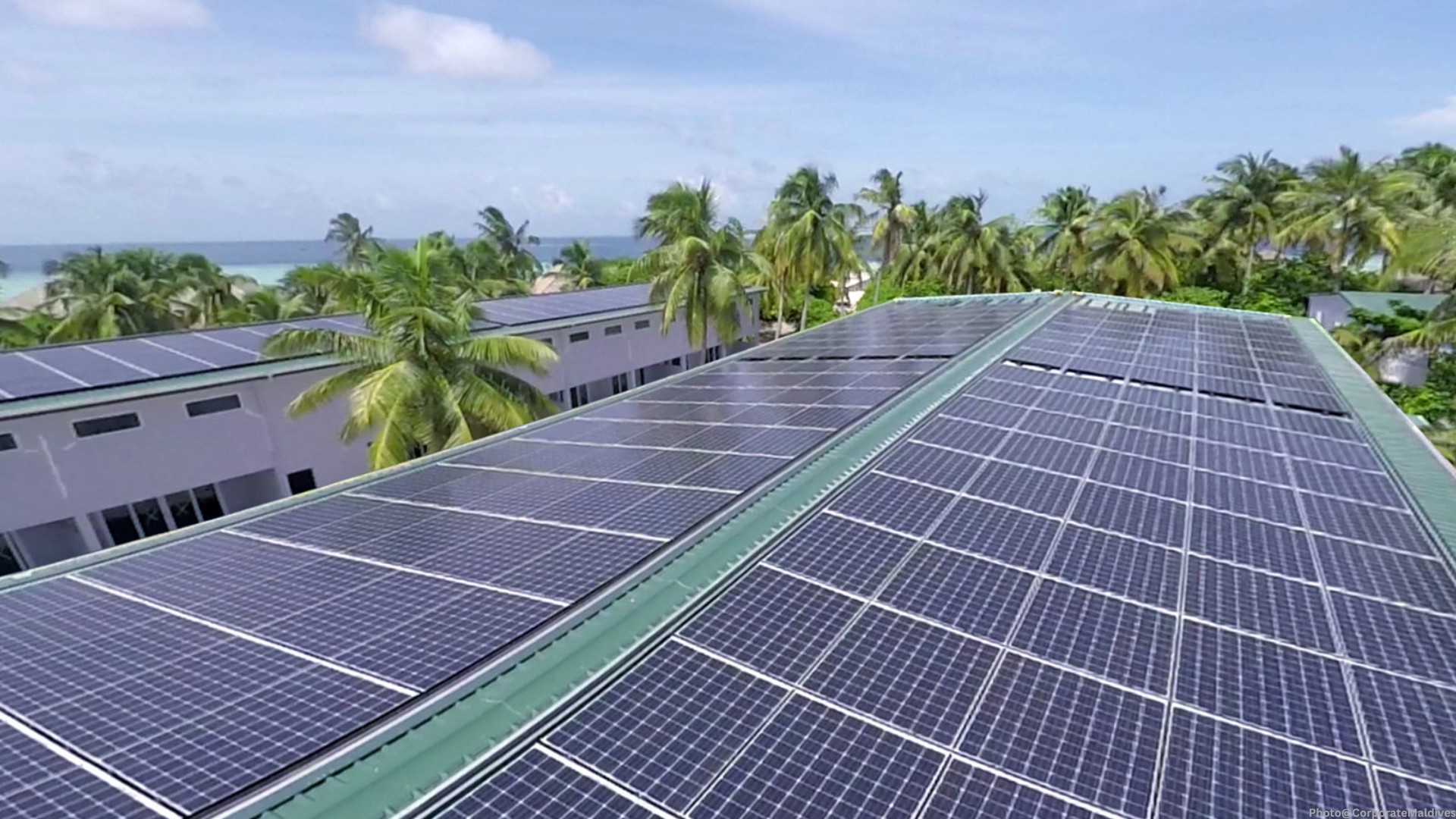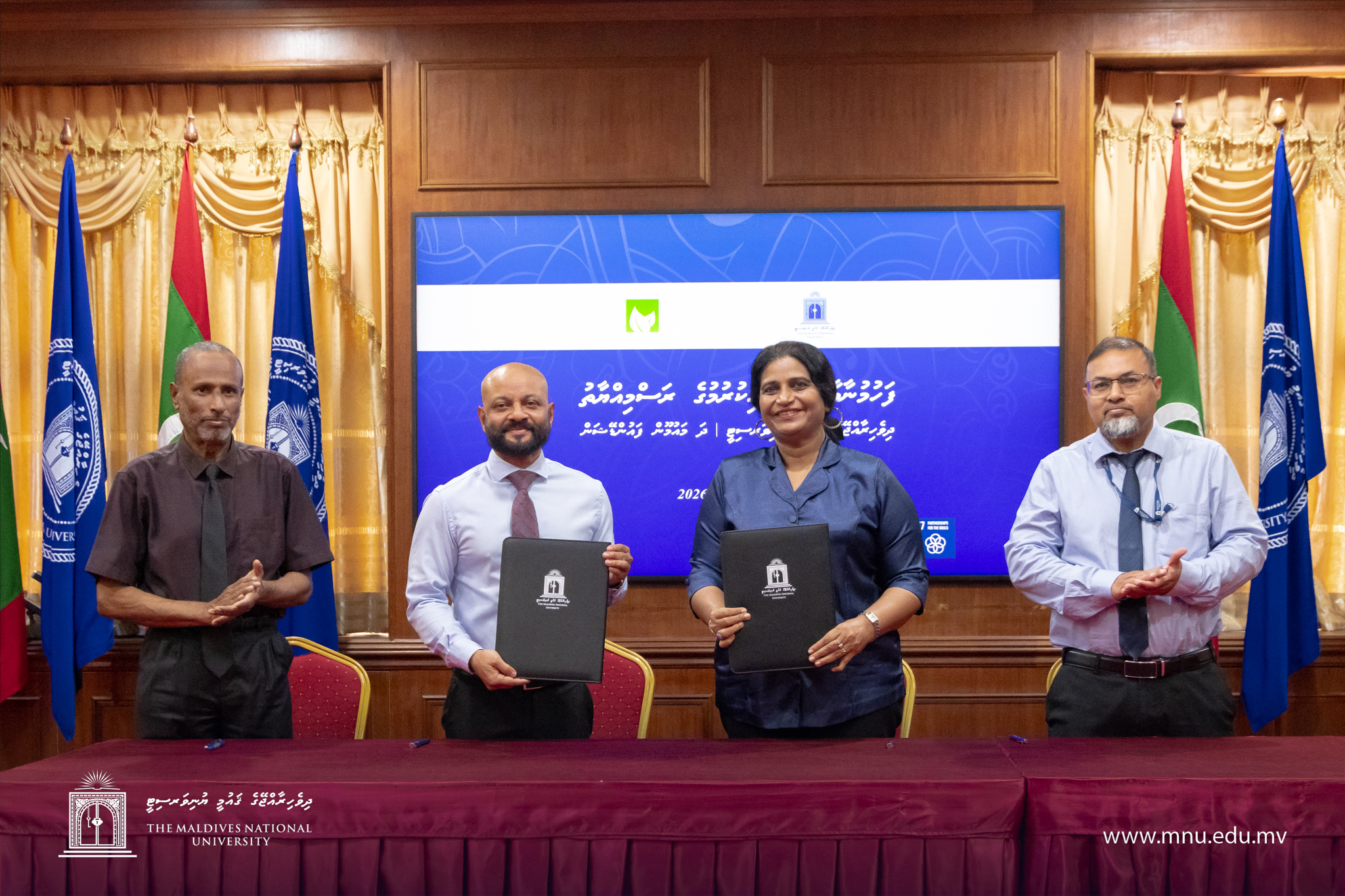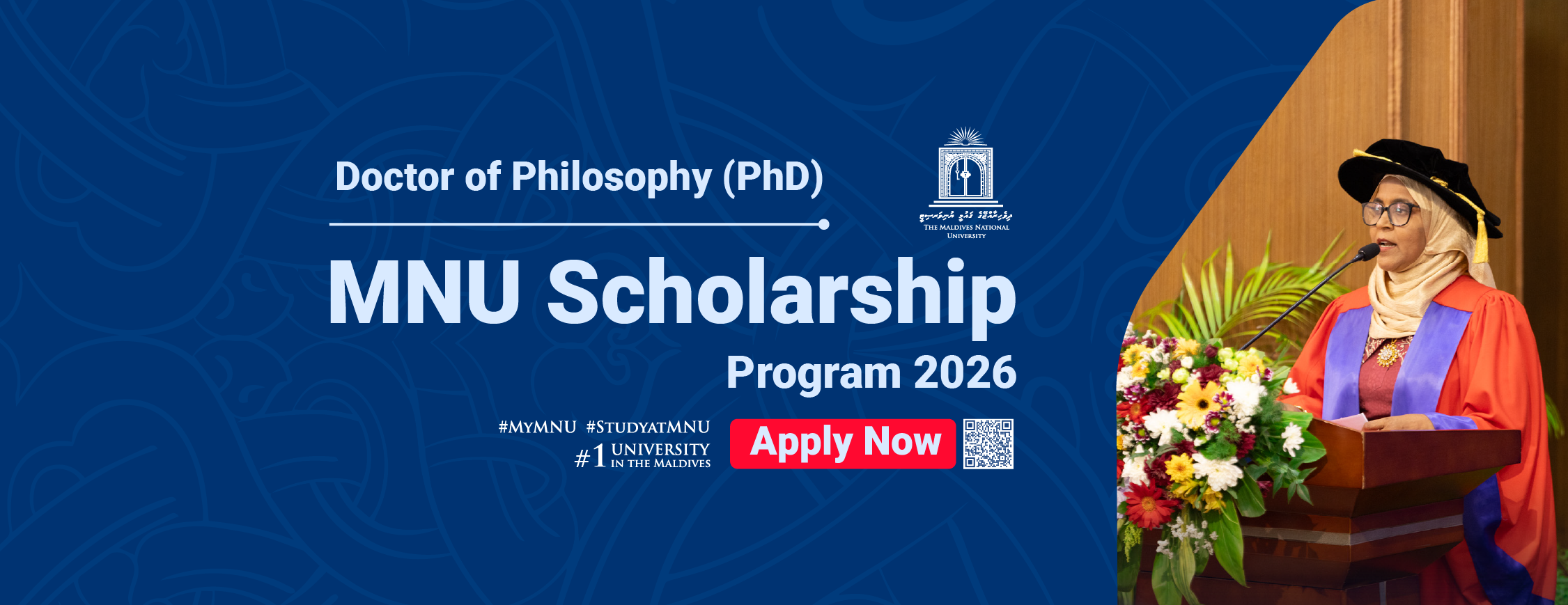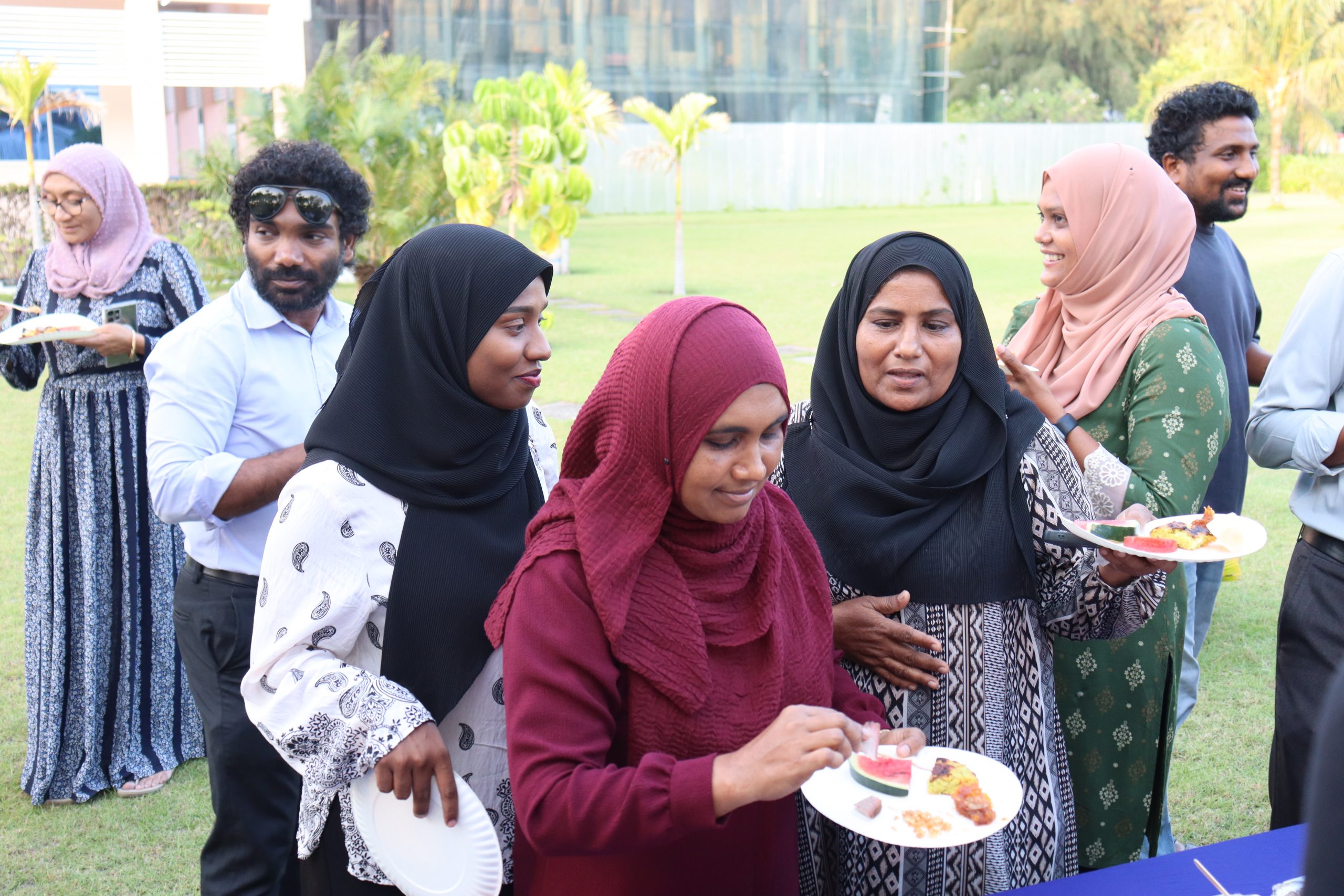Introduction
Maldives faces an existential threat from climate change. With an average elevation of just 1.5 meters above sea level, even a modest rise in sea level could inundate most of its archipelago.
This looming threat has catalysed a shift in national discourse, where energy security is increasingly framed not merely as a technical or economic concern, but as a matter of survival. The fear of sinking has generated widespread public anxiety and policy urgency, compelling the government to address societal vulnerabilities and reinforce national security.
Understanding how Maldives navigates its internal and external climate vulnerabilities is essential to grasp the evolving role of energy in its national security discourse. This process involves balancing domestic needs with foreign policy priorities, including development cooperation with competing aid partners. Yet, the country’s culture, identity, and environmental realities remain central to shaping its energy security discourse.
Security in a Broader Threat and Safety Spectrum
Security in Maldives encompasses a spectrum of threats beyond conventional military concerns. In small states, environmental degradation, tropical cyclones, and coastal erosion are increasingly viewed as national security issues, threatening cultural heritage, displacing communities and eroding traditional ways of life.
Maldives’ vulnerability is compounded by its reliance on imported fossil fuels, which not only contribute to global emissions but also expose the country to market volatility and supply disruptions.
In Maldives, energy security is deeply intertwined with climate resilience. The Government’s response has included land reclamation projects and the development of “safe islands” designed to withstand environmental shocks and host critical infrastructure that can support renewable energy projects.
This securitisation of energy usage—framing it as essential to national survival—has elevated energy policy to a strategic priority. Aiming to address this, small states view climate change not just as an environmental issue but as a geopolitical and sustainable development challenge.
Conceptual Base: Domestic and Regional Influences
Energy security policy in small states is shaped by both domestic and regional factors. Domestically, discourse emerges from community-level interactions with environmental and infrastructural challenges.
For instance, in Tuvalu, rising seas and partial inundation threaten energy infrastructure, prompting calls for resilient and raised systems to protect the energy supply – i.e., a mere impact of a tropical cyclone could destroy potential infrastructure to build renewable energy on the island.
Regionally, small states often rely on external aid to implement energy and climate strategies. In the Pacific, Australia has played a key role in supporting countries like Tuvalu. However, aid relationships are not static. The Solomon Islands, for example, has aimed to balance its ties between Australia, China, and the United States to maximise development assistance. This dynamic creates tension among big donors, leading to a loss of focus on national priorities.
Maldives has experienced similar complexities in its development cooperation, particularly in navigating relations between India and China. However, key drivers of foreign policy are strongly embedded in culture-based domestic factors.
Cultural Impact on Energy Security
Is renewable energy the solution for Maldives’ climate-induced energy challenges? Increasingly, yes—but not without cultural and societal considerations. The linkage between energy usage and climate vulnerability has led to the securitisation of renewable energy in national and local narratives. Renewable energy is portrayed not just as a sustainable alternative, but as a lifeline for the nation’s survival.
Hanimaadhoo (a Maldivian island) study by Zama, Suzuki, and Shazly offers empirical insights into how cultural worldviews influence energy perceptions.
Egalitarian respondents viewed renewable energy—particularly solar and ocean energy—as essential for mitigating climate threats and preserving national identity. Their support was rooted in both economic rationale and environmental ethics.
Hierarchists emphasised the role of government in managing energy transitions, reflecting trust in institutional authority. Fatalists, while less engaged, acknowledged the inevitability of environmental change, reinforcing the perception of climate threats as uncontrollable. These cultural orientations shape public expectations and influence policy design.
The demand for climate-resilient infrastructure has driven the Government action. Land reclamation and the construction of elevated islands are seen as necessary to protect societal utilities, including energy systems, offering a platform for deploying renewable energy technologies with reduced exposure to sea-level rise and storm surges.
However, implementing such projects requires careful navigation of geopolitical complexities, particularly those related to securing development financing. For example, Maldives’ foreign policy on development cooperation has shifted between India and China. Often, a shift toward China has raised potential concerns for the Indo-Pacific security actors, including India. Despite such regional security concerns, Maldives has not viewed its foreign partnerships in terms of meeting regional security. Primarily, it has extended foreign investment projects with India and China, primarily focused on mega-development projects such as the land reclamation work.
Aid from India and China comes with strategic conditions, designed to maximise the big regional powers’ presence in the island nations’ territory. Therefore, Maldives must balance these relationships to secure the best outcomes.
Conclusion
Securitising energy usage in Maldives is a multifaceted process, rooted in domestic discourse and shaped by regional dynamics. While local communities drive the urgency for renewable energy through lived experiences of climate change, foreign policy considerations influence the pace and direction of government action.
Maldives depends heavily on external aid, and the strategic interests of donor countries can distort or delay national priorities. Despite the existential nature of climate threats, governments must navigate complex diplomatic landscapes to secure funding, technology, and infrastructure.
Maldives’ energy security discourse is a reflection of its cultural identity, environmental reality, and geopolitical position. In framing energy as a national security issue, the country must seek careful balancing of internal needs and external pressures, ensuring that energy transitions serve both survival and sovereignty.
Authors
Ms Aminath Shazly is a Senior Lecturer at FEST, MNU, and has a master’s in environmental management, specialising in Natural Resources Management from the University of Queensland, Australia. She has an Undergraduate degree in Secondary teaching, specialising in Biology & Marine Science. She has over 12 years of academic experience in Environmental Management and Sustainable Development. She has worked with different government sectors, regional & local NGOs to conduct capacity building workshops on Sustainable development, Environmental resource management and Climate Change.
Dr Athaulla A Rasheed is the Head of Centre at the Centre for Security and Strategic Studies at The Maldives National University. A former foreign service officer and diplomat at the Ministry of Foreign Affairs, Maldives, Athaulla also holds two PhDs in international and strategic studies, and political science from ANU and the University of Queensland, Australia.





